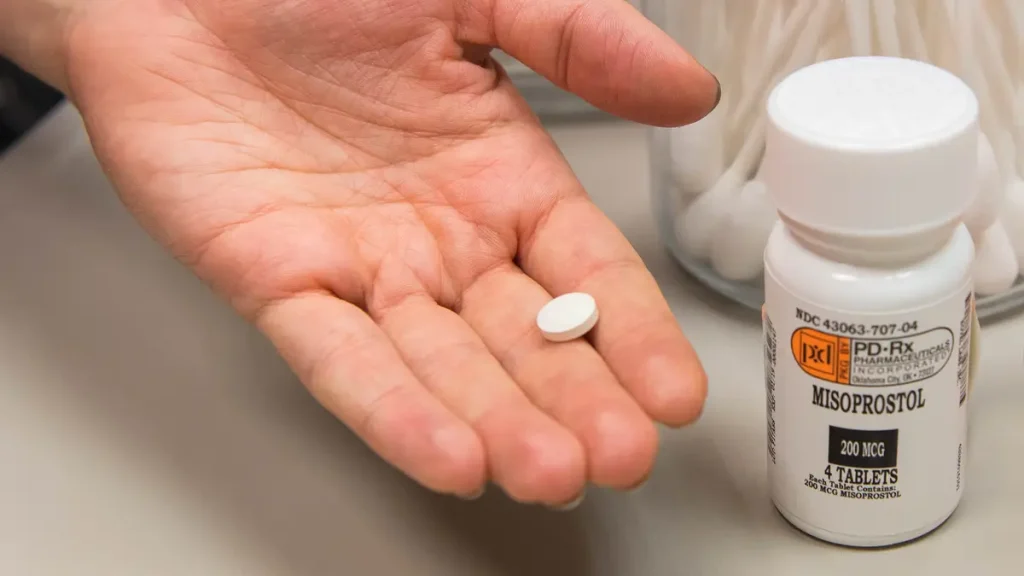In the United States, a significant shift in reproductive health behavior has been observed as thousands of women are proactively securing abortion pills amid growing concerns about potential restrictions. This trend, highlighted in new research, underscores the impact of political and legal developments on reproductive rights and access to healthcare.
Rising Demand for Abortion Pills
Recent studies indicate a surge in requests for medication abortion, a method accounting for over half of all abortions in the U.S. This increase is notably linked to political uncertainties and legislative changes surrounding reproductive rights. Medication abortion typically involves two drugs: mifepristone and misoprostol.
Research Findings on Advance Provision
A study published in JAMA Internal Medicine analyzed data from Aid Access, a European online telemedicine service.
The service noted approximately 48,400 requests for “advance provision” of abortion pills from September 2021 through April 2023 across the U.S. Interestingly, the demand peaked following the May 2022 leak indicating the Supreme Court’s decision to overturn Roe v. Wade, even before the official announcement in June.
Spike in Demand Post-Leak
The research showed that the average daily requests for these pills jumped nearly tenfold, from about 25 to 247, post-leak. In states where an abortion ban was imminent, the rate of requests rose ninefold. This trend reflects the public’s preemptive measures against potential restrictions on abortion access.
Factors Influencing the Demand
Dr. Abigail Aiken from the University of Texas at Austin, one of the letter’s authors, suggests that the looming threats to reproductive health access and rights are leading people to seek ways to prepare or circumvent these restrictions.
This sentiment was further echoed by spikes in demand during periods of legal uncertainty, such as conflicting rulings about mifepristone’s federal approval in April 2023.
Inequities in Access to Advance Provision
The study also revealed disparities in who is obtaining these pills in advance. A greater proportion of those requesting pills for future use were over 30, white, childless, living in urban areas, and from less impoverished regions.
This suggests that advance provision is not yet reaching those facing the most significant barriers to abortion care.
Expanding the Practice of Advance Provision
Recently, other organizations have begun offering pills in advance, a practice not standard in the U.S. healthcare setting.
This development signifies a shift in reproductive health strategies, potentially offering new options for those seeking to manage their reproductive health proactively.
